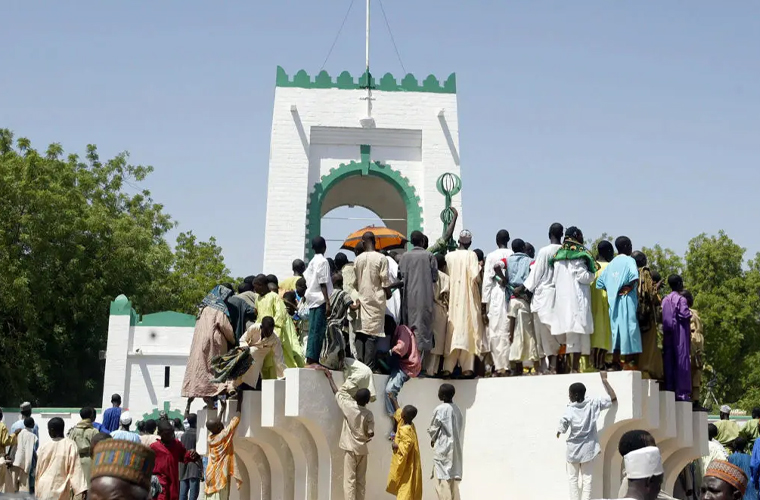The Sokoto Caliphate was a significant Islamic state in West Africa that existed from 1804 to 1903. It was founded by Usman dan Fodio, a prominent Islamic scholar and leader, who sought to establish a society based on the principles of Islam. The Sokoto Caliphate had a profound impact on the political, social, and religious landscape of the region, and its legacy continues to influence the region to this day.
The Sokoto Caliphate was established in what is now northern Nigeria, following a successful jihad led by Usman dan Fodio. The caliphate encompassed a vast territory, stretching across modern-day Nigeria, Niger, and parts of Cameroon. Usman Dan Fodio’s vision for the caliphate was to create a society governed by Islamic law, with a strong emphasis on education, justice, and moral conduct. One of the key achievements of the Sokoto Caliphate was the establishment of a sophisticated administrative system. Usman dan Fodio and his successors implemented a hierarchical structure of government, with appointed officials responsible for various aspects of governance, including taxation, justice, and military affairs. This system helped to centralize power and maintain stability within the caliphate.















Education was also a central focus of the Sokoto Caliphate. Islamic scholars were highly esteemed, and efforts were made to promote learning and scholarship throughout the region. The caliphate established numerous Quranic schools and centers of learning, which played a crucial role in spreading Islamic knowledge and values. The Sokoto Caliphate had a significant impact on the economic development of the region. Trade flourished under the caliphate, with commerce and agriculture playing vital roles in the economy. The caliphate’s leaders implemented policies to support trade and industry, which contributed to the prosperity of the region.
The caliphate also had a profound influence on the religious and cultural identity of the region. Islam became deeply entrenched in society, shaping not only religious practices but also social customs, legal systems, and artistic expression. The caliphate’s legacy continues to be reflected in the cultural heritage of the region, with many traditions and customs tracing their roots back to this period.
The Sokoto Caliphate faced challenges from external powers, including European colonial forces seeking to expand their influence in Africa. In 1903, the British launched a military campaign against the caliphate and ultimately succeeded in defeating its forces. This marked the end of the Sokoto Caliphate as an independent political entity, although its legacy continued to resonate in the region.
Despite its eventual decline, the Sokoto Caliphate left a lasting imprint on the history of West Africa. Its contributions to governance, education, trade, and culture have had a lasting impact on the region. The caliphate’s legacy serves as a testament to the enduring influence of Islamic civilization in West Africa and stands as a reminder of the rich historical heritage of the region.

